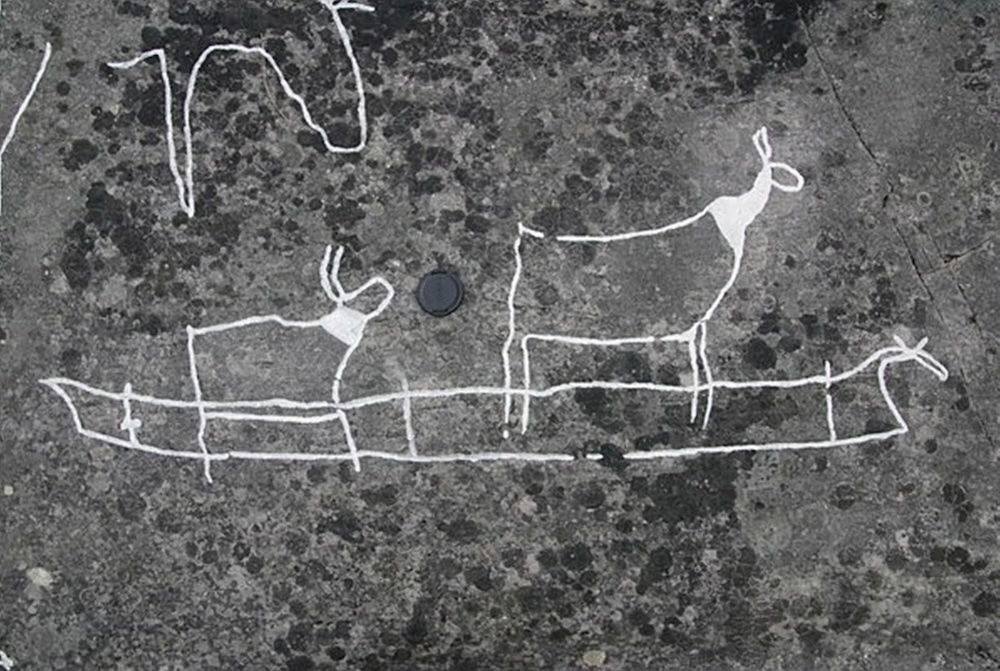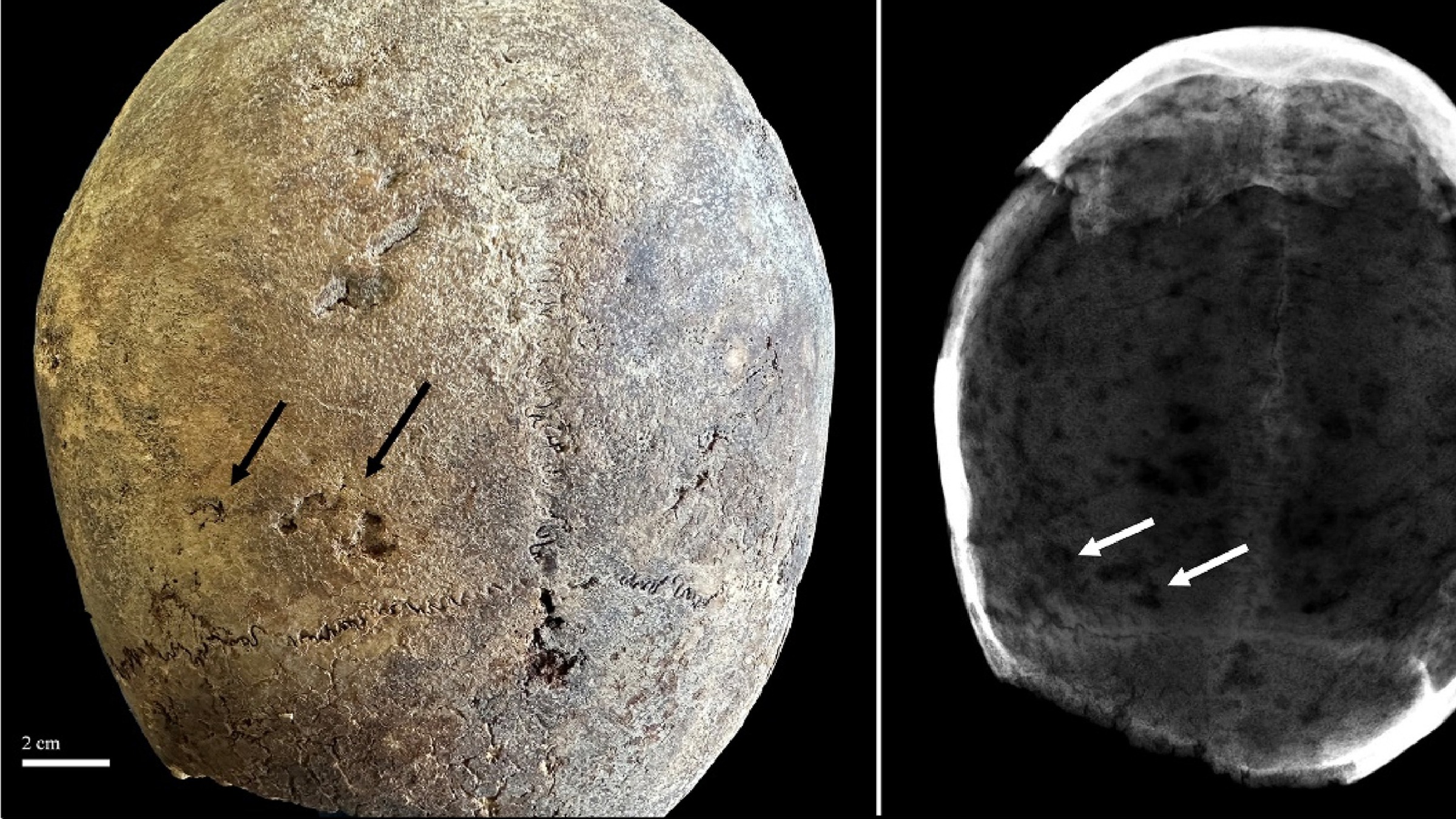IJMS, Vol. 24, Pages 1936: The RSPH4A Gene in Primary Ciliary Dyskinesia
International Journal of Molecular Sciences doi: 10.3390/ijms24031936
Authors: Wilfredo De Jesús-Rojas Jesús Meléndez-Montañez José Muñiz-Hernández André Marra-Nazario Francisco Alvarado-Huerta Arnaldo Santos-López Marcos J. Ramos-Benitez Ricardo A. Mosquera
The radial spoke head protein 4 homolog A (RSPH4A) gene is one of more than 50 genes that cause Primary ciliary dyskinesia (PCD), a rare genetic ciliopathy. Genetic mutations in the RSPH4A gene alter an important protein structure involved in ciliary pathogenesis. Radial spoke proteins, such as RSPH4A, have been conserved across multiple species. In humans, ciliary function deficiency caused by RSPH4A pathogenic variants results in a clinical phenotype characterized by recurrent oto-sino-pulmonary infections. More than 30 pathogenic RSPH4A genetic variants have been associated with PCD. In Puerto Rican Hispanics, a founder mutation (RSPH4A (c.921+3_921+6delAAGT (intronic)) has been described. The spectrum of the RSPH4A PCD phenotype does not include laterality defects, which results in a challenging diagnosis. PCD diagnostic tools can combine transmission electron microscopy (TEM), nasal nitric oxide (nNO), High-Speed Video microscopy Analysis (HSVA), and immunofluorescence. The purpose of this review article is to provide a comprehensive overview of current knowledge about the RSPH4A gene in PCD, ranging from basic science to human clinical phenotype.

 1 year ago
38
1 year ago
38


